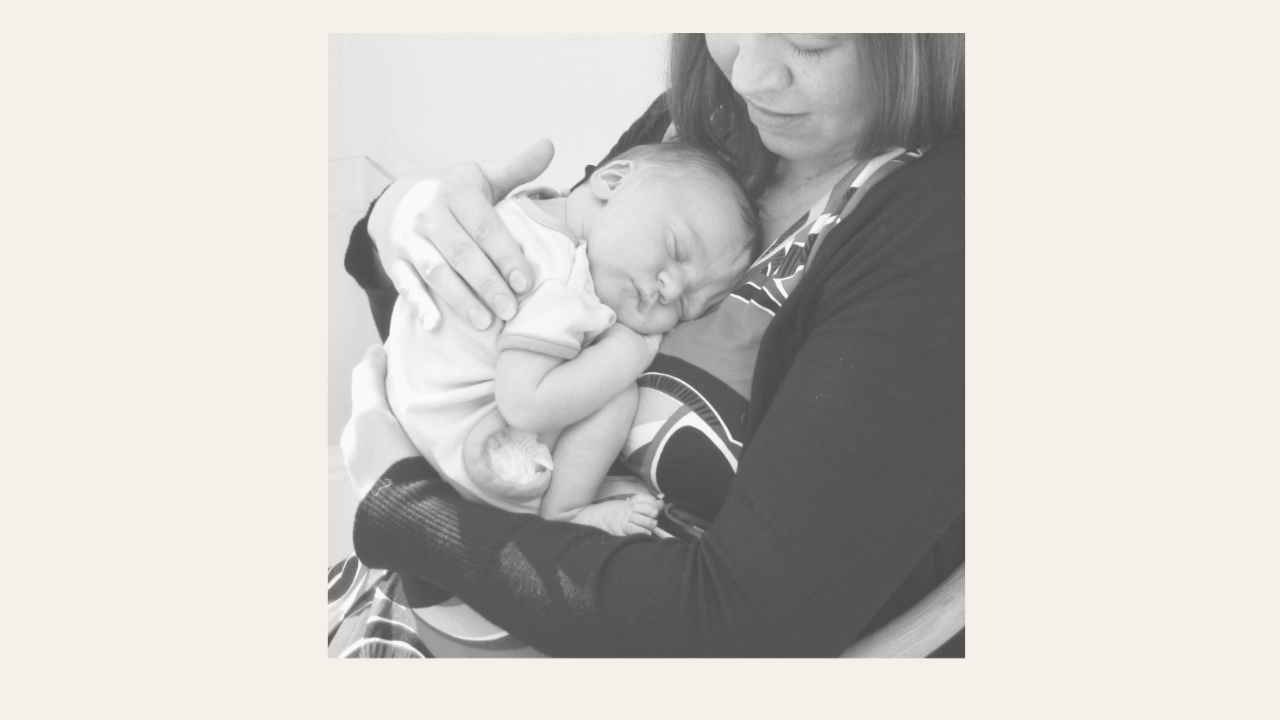How my autistic son’s struggles helped me make sense of my story.
Jul 08, 2025
My eldest is about to leave home after the summer. I find myself reflecting on all the things he’s taught me, things I didn’t even know I needed to learn.
As a child, I barely spoke. Dyslexia made reading feel impossible, but instead of support, I was forced to read aloud in class, again and again and again. The words swam on the page, stuck in my throat, while I sat there, frozen and terrified. The solution, it seemed, was to humiliate me repeatedly, as if shame could somehow correct a learning difference.
It didn’t.
All it taught me was fear.
I withdrew into myself, afraid to speak, afraid to be seen desperate to make myself as small as possible.
At home, the pressure didn’t lift. My well-meaning parents urged me to speak up, to their friends, in public, anywhere I might “prove” I had confidence. I was told I was too quiet, that I needed to come out of my shell. But the irony is, I’ve come to believe it’s often the quiet ones, the listeners, who carry the deepest confidence of all.
Still, I felt ashamed. Not because there was anything wrong with me, but because I couldn’t be who others expected me to be.
Years later, I watched my own son show similar traits. Maybe it’s his autism. Maybe it’s just who he is. Either way, I saw him avoid eye contact with adults, struggle to answer questions, shrink in unfamiliar situations. He’s confident with peers, but hesitant with grown-ups. It was like watching my own childhood replayed.
I realised the discomfort I felt watching him wasn’t really about him, it was about me. It’s taken everything in me at times not to speak for him, not to smooth over silences or answer in the way I think people expect.
But I’ve learned, through him, through my clients, through years of listening, that the greatest gift we can give our children is time.
Time to grow.
Time to find their words.
Time to become who they truly are.
At The Emotions Lab, we see this all the time, families tangled in frustration, struggling to understand one another. So often, there’s undiagnosed neurodivergence sitting quietly beneath the surface. Parents and children speaking different emotional languages, each wondering why the other doesn’t respond as expected. Differences in communication, processing, or eye contact can feel like rejection, when really, they’re just part of being wired differently.
I found my voice when I was ready. And now, as my son prepares to leave the nest, I can see him beginning to find his.
I often wonder how different things might have been if we’d understood neurodiversity when I was a child. To know that delays in speech, discomfort in conversation, or difficulty with eye contact aren’t flaws, but simply natural differences in development, would have changed so much.
Because with understanding comes compassion.
And with compassion comes a whole new way of seeing ourselves, and our children.
It’s not always easy to hold back, to stay silent, to let them lead. But when we do, we give them space to grow into who they are. And we get to witness something extraordinary:
They find their own voice.
And we remember, it was never ours to shape in the first place.
The Emotions Lab
Contact Us!
Join our mailing list to receive the latest news and updates from our team.
Don't worry, your information will not be shared.
We hate SPAM. We will never sell your information, for any reason.

